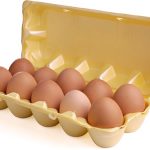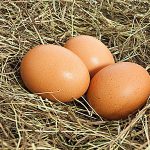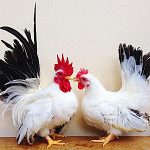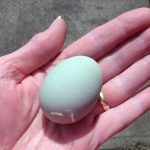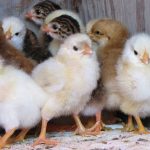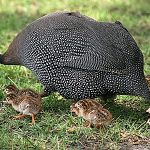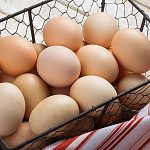
To store fresh eggs for the long term without refrigeration, an alternative to the traditional method of submerging them in water glass (sodium silicate) is to use lime water (calcium hydroxide). Both are highly alkaline saturated solutions, with a pH of about 12.4. Both seal eggshell pores to prevent evaporation from within the egg, as […]
Continue Reading


